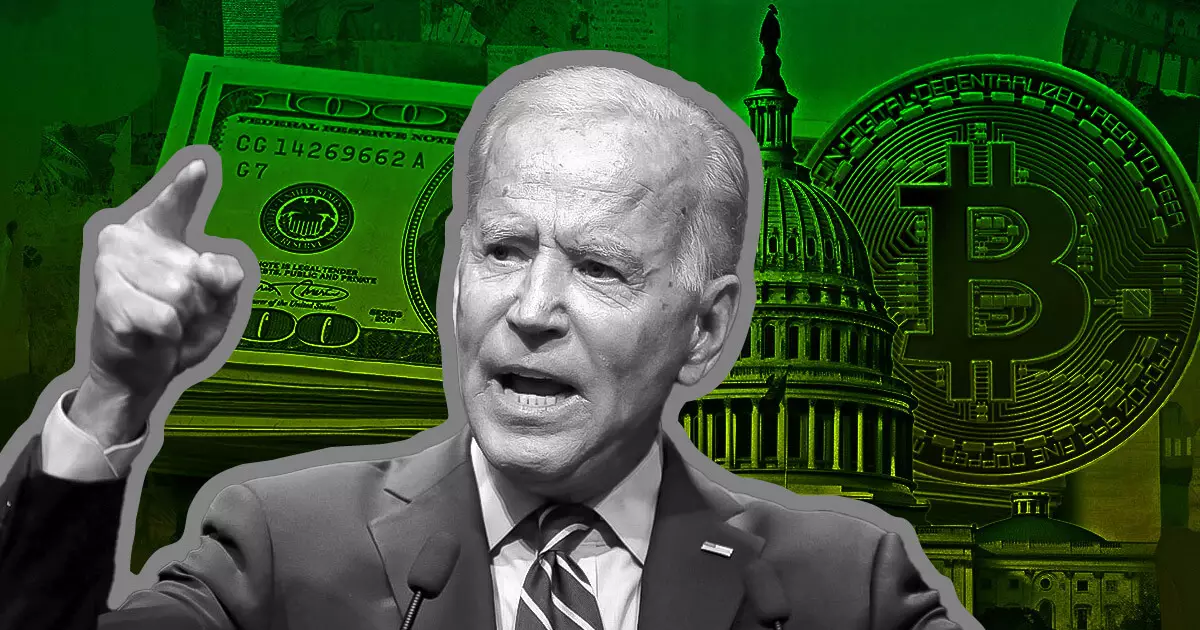President Biden recently vetoed H.J. Res. 109, a resolution that aimed to overturn the SEC’s SAB 121 rule. In his statement, Biden highlighted that he believes SAB 121 represents the considered technical views of SEC staff. He emphasized the importance of the rule in setting guardrails for accounting practices to protect consumers and investors. Biden’s veto indicates his administration’s commitment to supporting measures that ensure the well-being of the public.
Additionally, Biden expressed his administration’s intention to collaborate with Congress to develop a comprehensive and balanced regulatory framework for cryptocurrencies. This framework would leverage existing authority while fostering innovation in the United States. By mentioning the need for regulatory clarity in the crypto space, Biden acknowledged the importance of addressing emerging risks and challenges in the financial sector.
Biden’s veto statement also shed light on a partisan divide, as he referred to H.J. Res. 109 as a “Republican-led resolution.” However, lawmakers supporting the resolution have argued that it was a bipartisan effort. Despite claims of bipartisan support, voting records revealed significant Republican backing for the bill. This discrepancy in perception between the President and legislators underscores the complexity of political dynamics surrounding financial regulation.
Congressman Patrick McHenry, a supporter of overturning SAB 121, raised concerns about the rule’s perceived restrictiveness and criticized the SEC’s handling of the rulemaking process. On the other hand, Democratic senator Elizabeth Warren has defended SAB 121, arguing that it may not be as restrictive as portrayed by its critics. The American Bankers Association has expressed a desire for modifications to the rule rather than a complete repeal, indicating nuanced perspectives within the financial industry.
Biden’s veto decision focused solely on the specific legislative attempt to overturn SAB 121, leaving unresolved issues surrounding the rule’s content and implementation. The lack of direct engagement with these concerns raises questions about potential future challenges to SAB 121 and the broader regulatory landscape governing financial institutions. As stakeholders navigate these complexities, clarity and collaboration will be essential to address regulatory gaps and promote a thriving financial ecosystem.


Leave a Reply